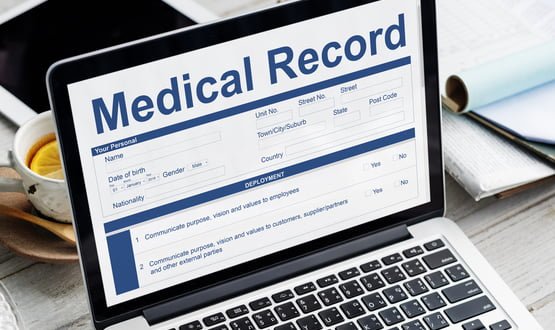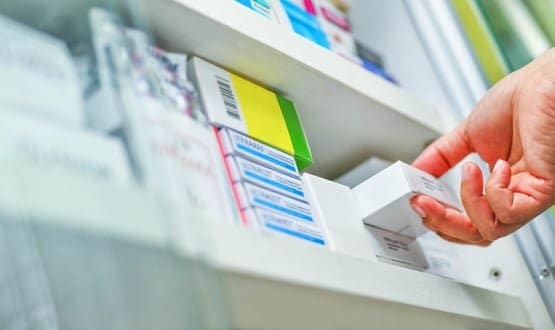40m SCRs by 2014
- 21 September 2012

The Summary Care Record programme is on track to reach 40m people by early 2014.
National clinical director for informatics at the Department of Health Dr Charles Gutteridge told eHealth Insider there is a detailed plan to reach 40.4m records by March 2014 and 42m later that year.
The programme will ultimately reach the entire eligible English population as the SCR team moves to focus on areas that “have not quite got there for whatever reason,” he said.
More than 18m people currently have an SCR, but these are not evenly spread across the country.
Bury is the second area in England – after Darlington – to be able to offer all registered patients an SCR, while some areas have not started deploying SCRs at all.
Dr Gutteridge said there were a number of reasons why some primary care trusts have pushed the programme and others have not.
Some areas, such as Hampshire and Cumbria, have focused on developing their own shared patient record programmes.
Dr Gutteridge said local shared records are a good thing, but they do not cover times when somebody from out of town attends a local health service. This, he added, is why implementing SCRs is also important.
The SCR contains basic demographic details as well as information about current medications, allergies and any adverse reactions the patient has.
A new advisory board is being created to look at expanding the information on the summary records and a chair has been appointed. “That’s still a working process,” said Dr Gutteridge.
“But what’s possible right now is at an individual level if you and your GP agree on specific structured data items that they have in the current GP record, with explicit consent, they can load that extra data.”
“There’s not widespread use of this but there’s interest in particular specialist societies to do that kind of data upload.”
Dr Gutteridge said this functionality is not being pushed nationally as the priority is to get the basic SCR rolled out for all citizens who want one, and to have the majority of out-of-hours services viewing the records as part of their routine.
The national roll-out was held up for years by concerns about consent and confidentiality, that we apparently resolved when the coalition government decided the programme should go-ahead on an opt-out basis.
Opt-out letters were included in the Patient Information Packs that must be sent to residents before SCRs are created.
However, Bedfordshire GP Dr Mary Hawking said she is concerned about the roll-out of the SCR going ahead in her area when the PIP took place more than two years ago.
A spokesman for NHS Bedforshire and NHS Luton Cluster said the primary care trust plans to make 92% of patient records available for SCR upload by March 2013.
He said a PIP programme was completed in April 2010 and that all practices have been advised that they should include information on SCRs and give patients the opportunity to opt-out of having one when they register with the practice.
“Also, before a practice uploads the patient record they are asked to check that all new patients were given this option. If they have not then we work with them to contact the patient to obtain consent,” he said.
Nearly 40m people have received a letter explaining the SCR through a PIP and 1.3% have chosen to opt out.
Dr Gutteridge acknowledged that some PIPs were completed years ago, but said the impression is that patients who were sent the information believe an SCR has already been created for them. There are no plans to “re-PIP the population.”
Read Dr Gutteridge’s interview in Insight.




